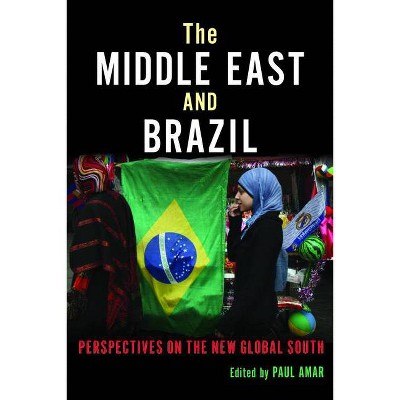Oil and the Political Economy in the Middle East - by Martin Beck & Thomas Richter (Hardcover)
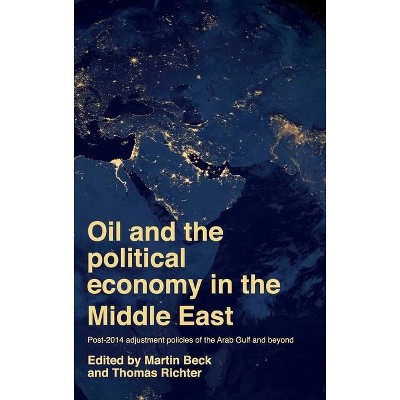
Similar Products
Products of same category from the store
AllProduct info
<p/><br></br><p><b> About the Book </b></p></br></br>This is the first comprehensive analysis of the Middle East political economy in response to the oil price decline in 2014. Based on a heuristic framework inspired by rentierism, the volume contains original studies on Bahrain, Egypt, Jordan, Kuwait, Lebanon, Oman, Qatar, Saudi Arabia, and the United Arab Emirates.<p/><br></br><p><b> Book Synopsis </b></p></br></br>This is the first comprehensive analysis of the Middle Eastern political economy in response to the oil price decline in 2014. The introduction and conclusion also discuss the COVID-19-induced oil price crash of 2020. Based on a heuristic framework inspired by rentierism, the volume contains original studies on Bahrain, Egypt, Jordan, Kuwait, Lebanon, Oman, Qatar, Saudi Arabia, and the UAE. The results show a diversity of country-specific pathways for adjustment policies. Among the most pertinent empirical findings are that migrant workers in the Arab Gulf are the main social losers, while citizens were capable of repelling burdensome adjustment. For Egypt, Jordan, and Lebanon, the expectation that they could benefit from the oil price decline has not been fulfilled. Conceptually, the collection highlights the importance of bringing state-class relations back into consideration, emphasises the role of institutions, and calls for a nuanced understanding of rentier state autonomy.<p/><br></br><p><b> From the Back Cover </b></p></br></br>The downhill slide in the global price of crude oil, which started mid-2014, had major repercussions across the Middle East for net oil exporters, as well as importers closely connected to the oil-producing countries from the Gulf. Following the Arab uprisings of 2010 and 2011, the oil price decline represented a second major shock for the region in the early twenty-first century - one that has continued to impose constraints, but also provided opportunities. Offering the first comprehensive analysis of the Middle Eastern political economy in response to the 2014 oil price decline, this book connects oil market dynamics with an understanding of socio-political changes. Inspired by rentierism, the contributors present original studies on Bahrain, Egypt, Jordan, Kuwait, Lebanon, Oman, Qatar, Saudi Arabia, and the United Arab Emirates. The studies reveal a large diversity of country-specific policy adjustment strategies: from the migrant workers in the Arab Gulf, who lost out in the post-2014 period but were incapable of repelling burdensome adjustment policies, to Egypt, Jordan, and Lebanon, who have never been able to fulfil the expectation that they could benefit from the 2014 oil price decline. With timely contributions on the COVID-19-induced oil price crash in 2020, this collection signifies that rentierism still prevails with regard to both empirical dynamics in the Middle East and academic discussions on its political economy.<p/><br></br><p><b> About the Author </b></p></br></br>Martin Beck is Professor of Modern Middle East Studies at the University of Southern Denmark (SDU) Thomas Richter is a Senior Research Fellow at the German Institute for Global and Area Studies (GIGA)
Price History
Cheapest price in the interval: 120.99 on November 8, 2021
Most expensive price in the interval: 120.99 on December 20, 2021
Price Archive shows prices from various stores, lets you see history and find the cheapest. There is no actual sale on the website. For all support, inquiry and suggestion messages communication@pricearchive.us
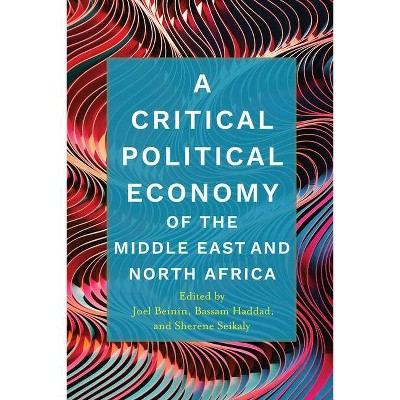


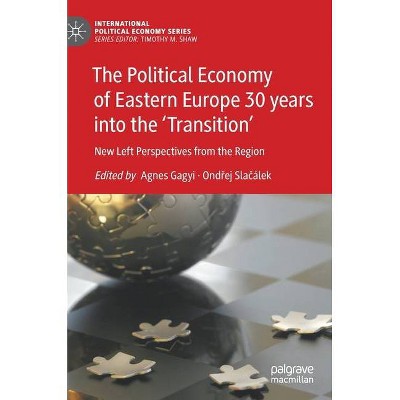
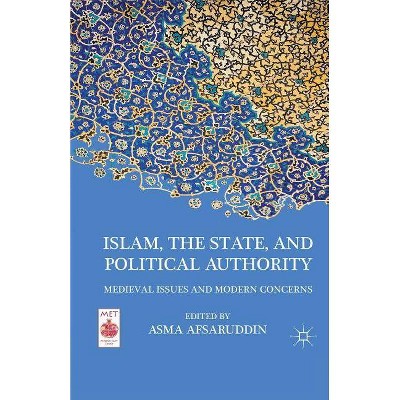

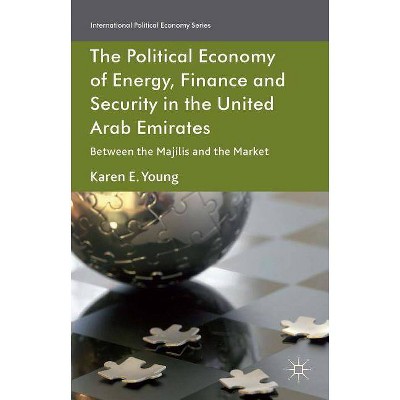

![Blood and Oil: The Middle East in World War I [DVD] [2006]](https://pisces.bbystatic.com/image2/BestBuy_US/images/products/1526/15265829_so.jpg)
